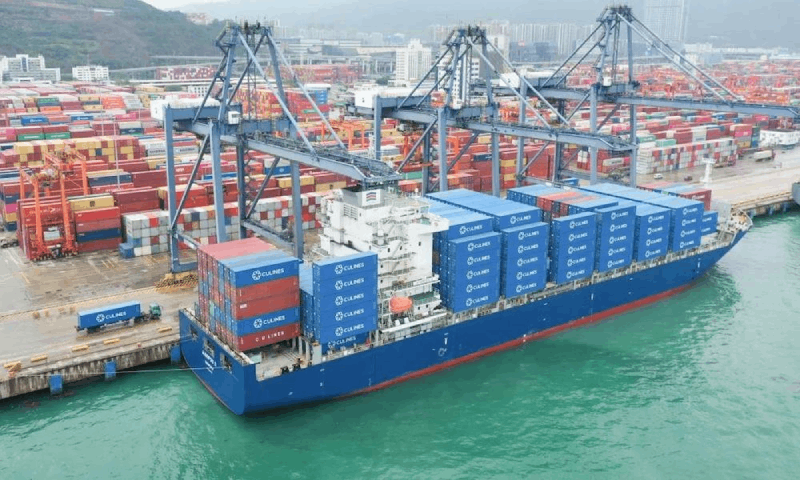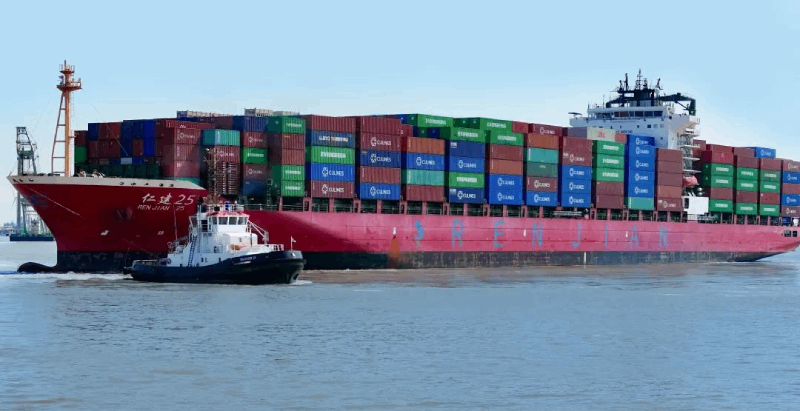Time:2022-05-13 Publisher:Kevin Num:6860

Port strikes are very common in global shipping, and this phenomenon has become very frequent in the past few years during the epidemic.
It is reported that violence broke out in Sri Lanka recently, and the president of Sri Lanka recently declared a state of emergency.
Colombo port workers also joined the protest and carried out a strike for nearly a day. Although he returned to work on Wednesday afternoon, it still had a certain impact on the operation of Colombo port and the shipping schedule of ships in the port.
On Tuesday night, the port workers of Colombo port stopped the work of all terminals of the port, so that all port activities had to be suspended.
During the strike, the pilotage service of the port has been suspended, and even ships scheduled to load export containers and leave the port are on standby.
At the same time, the ships that have completed the operation are on standby in the port area and cannot sail.
Sri Lanka Shipping Agency Association said that the port strike caused huge economic losses to shipping companies. It not only led to incomplete shipping schedule and delayed delivery of goods, but also missed the opportunity to berth at other ports.
The association said in a statement that ships waiting to berth outside the port failed to berth and complete their cargo operations, while ships in berths failed to work effectively, resulting in serious shipping delays.
This also increases the cost of the port, the ship can not load the scheduled goods, and causes the confusion of the shipping schedule, which has a great impact on the ship owners.

Shehara de Silva, President of Sri Lanka Shipping Agency Association, said in a letter to prasantha Jayamanne, President of Sri Lanka port authority that the strike would have an adverse impact on the import, export and transshipment volume of goods.
He added that shipping companies are now being forced to transfer services and shipping opportunities from Colombo port to other more stable ports, and it will take years to persuade them to return to the port for such services.
"These consequences will have a serious impact on the revenue of Sri Lanka port authority, Colombo International Container Terminal Co., Ltd. and even the whole country at a critical time when the country urgently needs foreign exchange inflows," shehara de Silva said
It is understood that about 40% of Bangladesh's export containers are transferred to Europe and the United States through Colombo port.
Shippers in Bangladesh are concerned that if the transshipment port faces further shutdown due to the continuing serious political and economic crisis, it will have a significant impact on their import and export trade.
A representative of a company said that the MSc in Chittagong had about 8500 containers destined for Bangladesh parked at the port, while thousands of containers from other operators were also trapped there.



